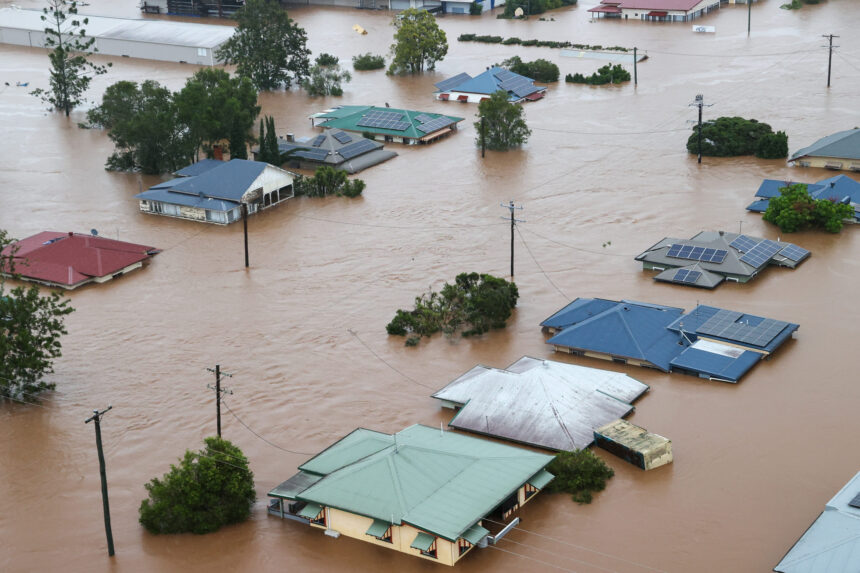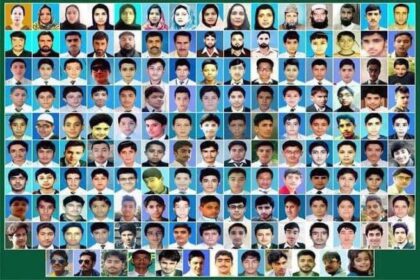Flooding: Recent heavy monsoon rains in India forced authorities to open the gates of major dams, sending floodwaters downstream into Pakistan. New Delhi sent warnings thrice through their embassy in Islamabad in the matter of just two days. This was the first public diplomatic contact the two countries had after the armed confrontation in May 2025. Alerts were conveyed through diplomatic channels instead of the Permanent Indus Commission, which was set up in 1960 under the Indus Water Treaty to share data and address issues concerning the use of water.
Suspension of the Indus Water Treaty
The Indus Water Treaty was signed in 1960, mediated by the World Bank. The treaty required India to share hydrological data with Pakistan to ensure effective water management. However, on 23rd April, India suspended the Indus Water Treaty due to the Pahalgam Attack. The suspension of the treaty, according to many Pakistani officials, exacerbated the floods. “If the Indus Water Treaty were in operation, we could have mitigated the impact. With better information, we could have managed better,” Pakistan’s Planning Minister Iqbal stated.
Current Situation and Impact on the Local Community
The floods have severely impacted both countries. Pakistan has dispatched army troops to assist in rescue efforts. The NDMA figures indicate that the floods have caused the displacement of 167,000 people, resulting in at least 820 deaths and leaving many more missing. Floods have hit Lahore and threaten to flood the major city of Jhang.
“We are facing a situation we haven’t faced in decades. There has been a continuous effect due to non-stop rainfall,” said CM Maryam Nawaz. “Our neighbour, India, opened their spillways, and all that water came into our rivers, overflowing them.”
Accusations and Denials
Pakistan has accused India of deliberately releasing water to flood the country. India has denied such accusations.
An Indian source stated, “India is taking all necessary measures and sharing all available information. Incessant rain is causing this flood.”
The middle section of the Madhopour barrage, built on the River Ravi in India, was washed away by water that caused uncontrolled water to flow into Pakistan. Parts of Lahore experienced floods as a result. The Indian Government denied it was a deliberate attempt to flood Pakistan and confirmed that two gates of the Madhopur barrage were broken.
Pakistani officials continue to argue that providing prior information could have mitigated the effects.
The Way Forward
Ultimately, natural disasters cannot be prevented, but their impact can be reduced. For this, both countries must cooperate beyond moments of crisis. For this, both countries need to cooperate. The recent alert by India is a step in the right direction, but more needs to be done to protect the people of both countries.













